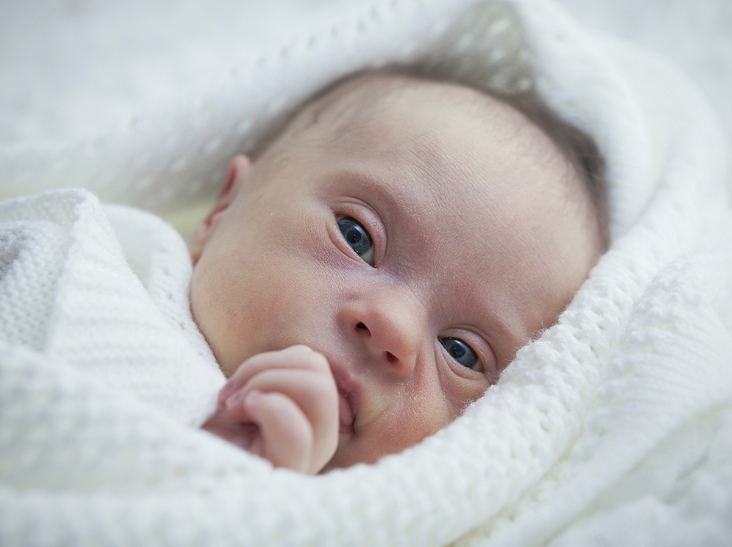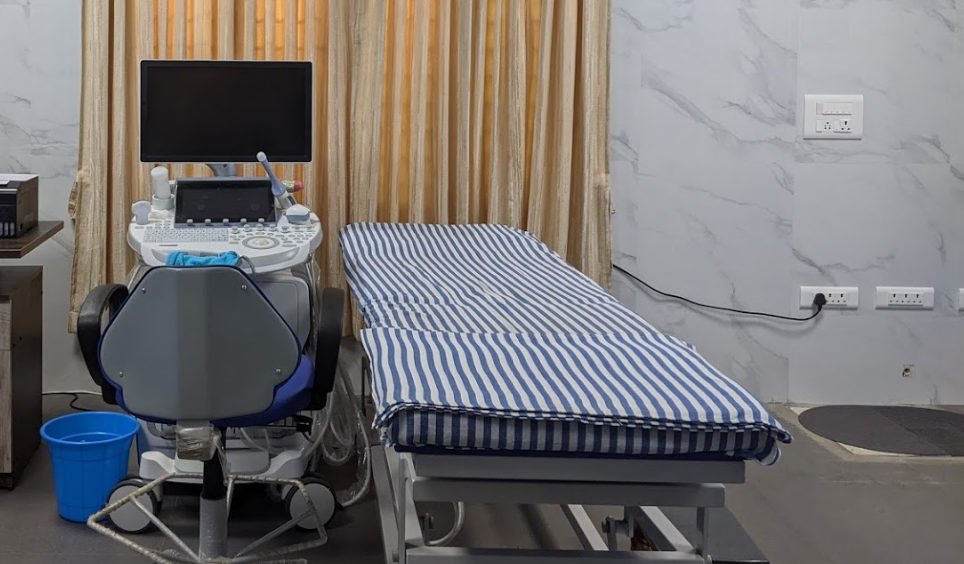Frequently Asked Questions
I’m having a normal pregnancy. Do I need these tests?
Normal Pregnancy ஆக இருந்தாலும் உங்கள் கருவில் இருக்கும் குழந்தையின் முழுமையான குறைபாடுகளற்ற வளர்ச்சியை இந்த நவீன பரிசோதனை முறைகள் உறுதி செய்யும். ஒருவேளை சிசுவின் வளர்ச்சியில் அது பிறவி குறைபாடுடன் பிறக்க வாய்ப்பு உள்ளது என்று கண்டறியப்பட்டால், இந்த நவீன சிகிக்சை முறைகளால் கருவிலேயே அதன் குறைகளை சரி செய்ய நமக்கு ஒரு வாய்ப்பை இந்த நவீன ஸ்கேன் மற்றும் சோதனை முறைகள் அளிக்கிறது.
Different types of tests are available during pregnancy to check the health of your baby. These tests can often identify: chromosomal conditions, such as Down syndrome, Trisomy 13 and Trisomy 18, Some birth defects such as congenital heart conditions and malformed kidneys.
Down syndrome

Down syndrome is a condition that results in a range of physical and intellectual disabilities. It is caused by an extra copy of chromosome 21 and is also known as Trisomy 21. Down syndrome occurs in about 1 in 380 pregnancies. Women of any age can have a baby with Down syndrome, however this risk rises for every year you are older than 35.
Trisomy 18 and Trisomy 13
Both these chromosomal conditions are associated with intellectual and physical disabilities. A baby born with Trisomy 18 has 3 copies of chromosome 18 instead of the usual 2 copies. The condition occurs in about 1 in 2,000 pregnancies. Babies with Trisomy 13 have 3 copies of chromosome 13 instead of the usual 2 copies. Trisomy 13 occurs in about 1 in 4,800 pregnancies. Babies with either Trisomy 13 or Trisomy 18 usually miscarry or, if they are born, rarely live longer than the first month.
Ask your Doctor for more information on Down syndrome, Trisomy 13 or Trisomy 18.
Neural tube defect
A baby’s brain and spine develop from the neural tube in the first 4 weeks of pregnancy. A neural tube defect occurs when the tube does not fully develop. Spina bifida occurs when the tube does not completely close along the spine. Other neural tube defects include anencephaly and encephalocele in which the brain and skull do not develop properly.
Is ultrasound performed by fetal medicine specialist different? ஒரு Fetal Medicine ஸ்பெசலிஸ்ட் செய்யும் UltraSound Scan எந்த வகையில் மாறுபட்டது?
கர்ப்ப காலத்தில் செய்யக் கூடிய வழக்கமான அல்ட்ரா சவுண்ட் ஸ்கேன் மூலம் கருவளர்ச்சி பற்றிய மேலோட்டமான ஒரு சில குறிப்பிட்ட தகவல்களை மட்டுமே பெற முடியும்.
ஒரு Fetal Medicine ஸ்பெஷலிஸ்ட் செய்யக்கூடிய அல்ட்ரா சவுண்ட் ஸ்கேன் வழக்கமான நடைமுறையில் இருந்து மாறுபட்டதாகும். Genetic Sonogram போன்ற சோதனைகள், கருவில் இருக்கும் குழந்தையின் வளர்ச்சியை மிகத் துல்லியமாக கணிக்க கூடியதாகும். கரு வளர்ச்சியில் ஏதேனும் குறைபாடுகள் இருந்தால் அதை முன்பே தெரிந்து கொண்டு அதற்குரிய சிகிச்சையை அளிக்க உதவுவதாகவும் இருக்கிறது .

Routine ultrasound examination includes evaluation of the number of fetuses, fetal heart rate, liquor volume, placental location, and general evaluation of fetal anatomy.
Fetal medicine specialist focuses on targeted examinations based on maternal history and detailed evaluation of every structure and will do a detailed genetic sonogram.
What if results of the ultrasound are abnormal?
If the results of nuchal translucency screen are abnormal, or if you want additional reassurance that your baby is healthy, you can have a test called chorionic villus sampling (CVS), done in the first trimester. CVS provides evaluation of the fetal cells for chromosome abnormalities very early in the pregnancy. This outpatient test, performed under ultrasound guidance involves passing a thin tube through the cervix or abdomen into the placenta to obtain a small tissue sample. CVS is similar to amniocentesis, which involves removing a small amount of amniotic fluid to evaluate fetal chromosomes. Since amniocentesis isn’t performed until the 16th week of pregnancy, CVS offers the advantage of earlier diagnosis.
Who is considered high risk? யாரெல்லாம் High Risk Pregnancy என்கிறோம்?
You could be at increased risk for complications during pregnancy if you have cardiac or pulmonary problems, various rheumatologic disorders, diabetes, high blood pressure, or if you are over 35. You may also be at increased risk if you are carrying more than one baby, have a history of pregnancy-related complications, such as multiple miscarriages or pre-term birth, or have had babies with multiple complications.



